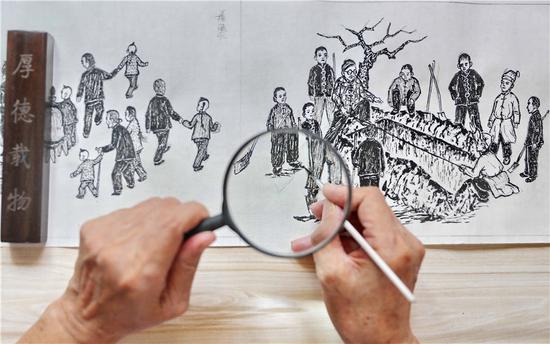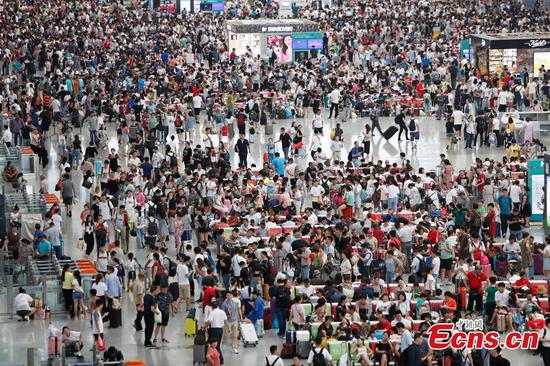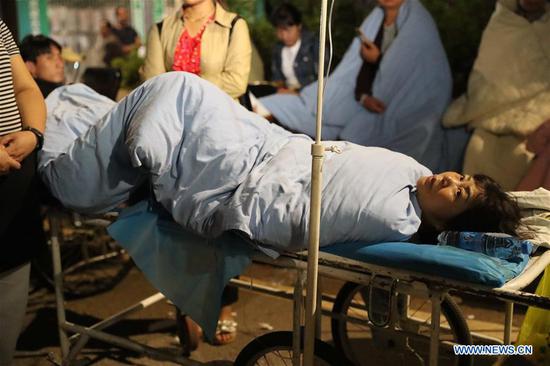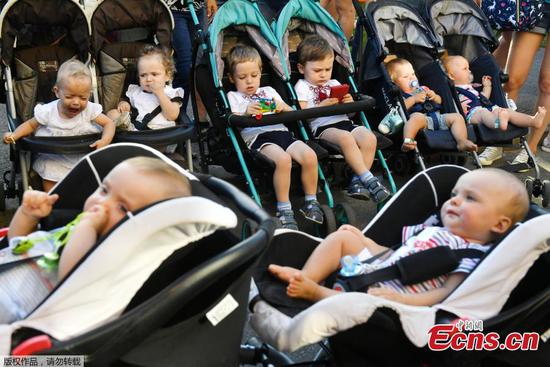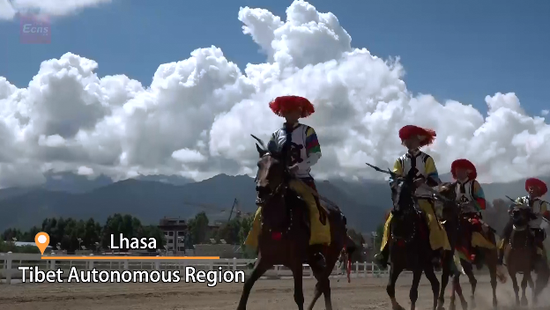Family planning subsidies to be gradually increased
The government will gradually raise subsidies to families with few or no children in a move to compensate families affected by the previous birth control policy, Chinese demographers said on Tuesday.
Subsidies will be paid to one-child families in rural areas, families with special situations and some residing in western China.
They prepare society for "a possible full termination of birth control policy in order to comfort those families affected by the old policy and to pave the way for a new policy that encourages childbirth," Yi Fuxian, a researcher at the University of Wisconsin-Madison, told the Global Times on Tuesday.
China's old family planning policy will end this year, Yi predicted.
The subsidies weren't really a new policy, but an extension of an old regulation in use for years, Liang Zhongtang, an expert at the former National Population and Family Planning Commission, said on Tuesday.
In 2006, the government began paying an annual stipend of more than 600 yuan ($88) to each rural resident over 60 years old without children, or with one child or two female children.
Similar subsidies were also paid to parents of dead or disabled children whose options had been limited by the "one-child" policy.
By 2010, the number of families that lost their only child was about 841,000, according to industry news website chyxx.com.
That number is expected to reach 1 million by 2020.
Central and local governments will pay for the subsidies, according to a notice released on the government website on Monday.
Photos of posters headlined "1,001 reasons to have a baby" in subway train carriages in the Hunan Province city of Changsha were posted online by Sina Weibo user fingerscrossed on Monday. The post was removed as of press time.
Introduced in 1979, China's "one-child" policy was implemented for more than 30 years and averted an estimated 400 million births. The policy began to be phased out into a "two-child" policy at the end of 2015.














